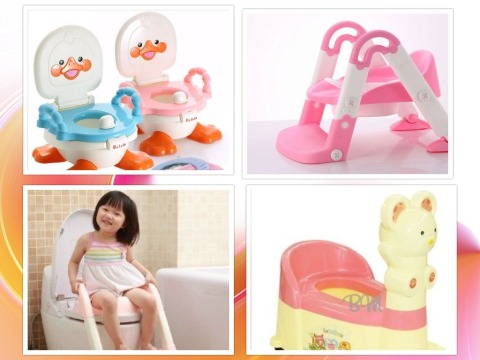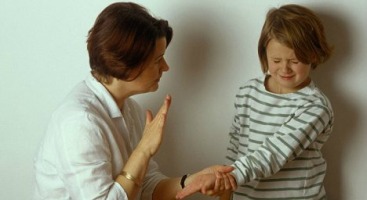When it’s potty time you feel it..? Don’t wait..Please don’t wait ..!!

Warm welcome from GEEKA… 🙂
Hello followers.. ❤
Your child resists to potty..??
Here are your tips…
Age to Start Potty training
Between 18months to 3 years( Both physically and emotionally child should ready to start potty training)
Physical signs:

Able to pull pants up or down
Regular, soft, formed poos at predictable times
Dry pants of at least 1 or 2 hours
Wakes up with dry nappy
Interest to go to bathroom
Behavioural signs

Feels discomfort when nappy is wet or dry
Enjoys rewards
Desire for independence
Cognitive signs

Understands and follow simple instructions
Requests
Has word for wee and poo
Body awareness that he is having a wee or poo
Inform you that she needs to have a wee or a poo.
Parental tips to keep in mind during potty training:

- Recognize that your child is in control of his or her body
- Let your child decide whether to use the potty or a diaper/pull-up each day
- Teach your child words for body parts, urine, and bowel movements
- Offer your child the tools she needs to be successful at toileting (such as a small potty, potty seat, stool, etc.)
- Expect and handle potty accidents without anger
- Avoid punishment as well as too much praise around toilet use. (This can make children feel bad when they aren’t successful.)
- Decide whether to use the toilet or a diaper/pull-up
- Learn his body’s signals for when he needs to use the toilet Use the toilet at his own speed
Warm up for Potty Training:

- Pick the right potty
- Approach this without a lot of emotion
- Think of it as just another skill you are helping your child learn.
- It is also very important not to force your child to use the potty
- Constipation develops when children trying to regain control over their bodies by withholding urine or bowel movements.
- Stop talking about potty training until your child shows signs of readiness.
- Or a potty seat, which simply attaches to the toilet. Look for a stable fit
- Look for a model that’s durable and won’t tip over when your child jumps up to check her progress.
- If she wants to, allow her to carry around the clean potty and sit on it while clothed.
- Keep the potty close by so your child can act on his body’s signals quickly.
- Easy-on, easy-off clothing
- Elastic waists are a wonderful thing
- Offer praise when he reports bodily functions.
- Remind him that using the potty means he’s growing up.
- Teach to check for dryness.
- Buy special doll that wets and encourage your child to help the doll “learn” to use the potty
Negative impacts:

- When parents scold, punish, or shame
- Being patient is the best way you can support your child as she learns.
- Potty battle begins when parents expect too much too soon
- When parents deny drinks when parents lose hope
Things to remember:
- No matter how you do it, remember this is a learning process that takes time, with many accidents along the way.
- Keep in mind that children with special needs may take longer to learn to use the potty. They may also need special equipment, and a lot of help and support from you.

Bye Bye……………….. Till next meet 🙂